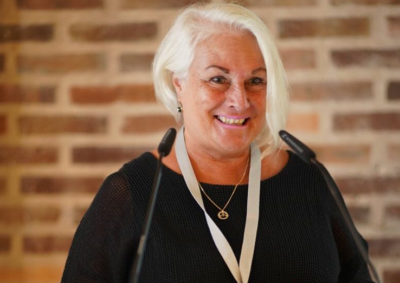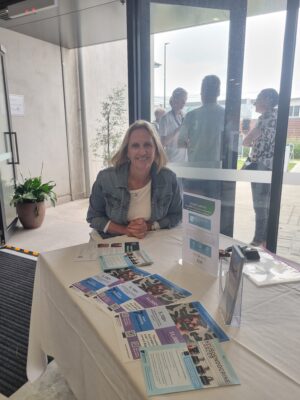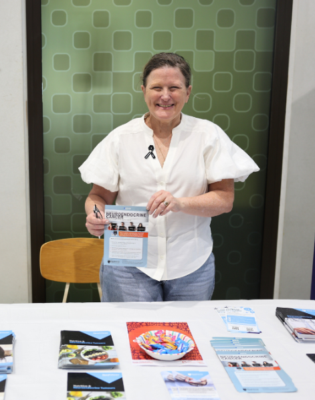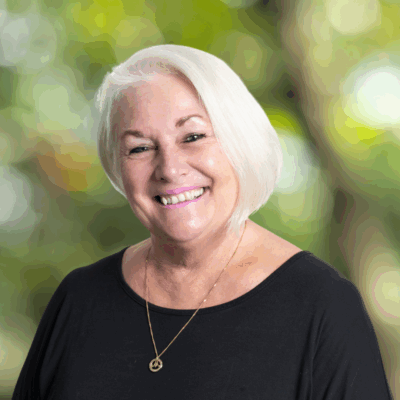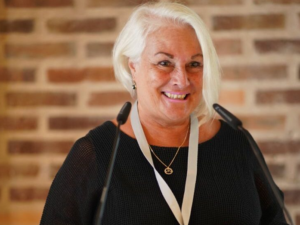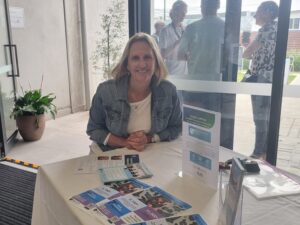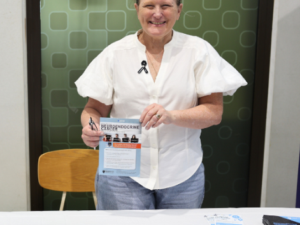After 458 days of waiting, the Government finally released its response to the Senate Inquiry into Rare and Less Common Cancers, including Neuroendocrine Cancer, on 2nd September. While we were pleased to see a response at last, that relief was quickly replaced by frustration.
Our hope was that the Inquiry would have lead to meaningful action on issues that directly impact patient lives – but that has not been delivered. Around 60% of NET patients are diagnosed at stage 4, when the disease is no longer curable. This makes timely and equitable access to diagnostics and care vital, not something that can be delayed by slow processes or limited to “in principle” commitments.
We welcome progress in areas such as expanded genomic testing and increased recognition of the need for PET scan access. However, the decision to defer many critical reforms to the States risks leaving NET patients without the changes they urgently need. In this submission, we focus on the immediate priorities that most impact patient outcomes, including specialist nursing and patient support, diagnostics and early access, financial toxicity, genomics, medicines and research, while recognising that other recommendations will be addressed as part of NECA’s ongoing advocacy work.
Specialist Nursing and Patient Support (Recommendations 18–21)
Through the Australian Cancer Nursing and Navigation Program (ACNNP), NECA receives federal funding to provide NET specialist nurses and telehealth support. This investment has been transformational, expanding our nurse-led service, dietitian consultations, counselling, and nationwide support for patients.
However, this funding is only secured until 2027. Without certainty beyond this date, thousands of NET patients and families risk losing vital services. While the Government acknowledges the importance of cancer nurses and supportive care, funding remains uncertain and fragmented. Each state still lacks a dedicated NET nurse despite the recommendation for one per jurisdiction.
Our view: NET patients need consistent specialist nursing support nationally. Deferring responsibility between Commonwealth and states is leaving patients without the guidance and support they need. Ongoing funding for patient organisations like NECA must be guaranteed beyond 2027 to ensure vital support continues to all cancers, including neuroendocrine cancer which is highly complex, little-known and often misunderstood.
Diagnostics and Early Access (Recommendations 2–5)
The Government has deferred responsibility for urgent referral pathways, Medicare rebates for PET and MRI, and equitable access to diagnostic imaging to the states. This needs to be a national / federal matter so as not to have patients in some States paying more and also risks prolonging delays in diagnosis for patients with aggressive NETs.
Our view: Patients deserve a nationally consistent approach. Waiting years for state negotiations is not good enough when delays in diagnosis can mean the difference between curative treatment and late-stage disease.
Financial Toxicity and Out-of-Pocket Costs (Recommendations 3–5)
NET patients often carry a heavy financial burden, with significant out-of-pocket expenses for diagnostic scans, investigations, follow-up imaging, and travel to access specialised services. For those living in regional or rural areas, costs rise even further due to accommodation and transport needs, creating real inequity in who can access timely appropriate, specialist care. The Senate Inquiry recognised this and recommended urgent reform, including reviewing Medicare reimbursement settings for diagnostic tests, increasing rebates for PET, MRI and CT scans, and ensuring these services are equitably distributed across all jurisdictions.
Our view: These measures are vital for the NET community, where 60% of patients are diagnosed at stage 4 and rely on timely, repeated imaging to guide treatment. Patients should not have to choose between financial strain and essential care. Implementing these recommendations would reduce the unfair cost burden and bring equity to diagnostic access and care, no matter where patients live.
Genomics and Genetic Protections (Recommendations 6–8)
The Government has released draft legislation that would ban the use of adverse genetic test results in life insurance underwriting. If passed, this will finally deliver on Recommendation 6 and replace the current voluntary moratorium with enforceable protections. This development is especially significant for people with hereditary NET syndromes, such as MEN1, who have long faced barriers to genetic testing due to fear of insurance discrimination. At the same time, broader reforms to improve access to genomic screening and profiling, as outlined in Recommendations 7 and 8, remain in early stages and require stronger commitment.
Our view: The exposure draft is a welcome and essential step, but its promise must be delivered without delay. For those with inherited NET syndromes like MEN1, this legislation could remove a longstanding barrier to genetic testing and insurance security. It must be enacted quickly, with adequate safeguards, and integrated with improved access to genomic screening and profiling (Recommendations 7–8). Until then, families remain vulnerable, and the fear of insurance discrimination continues to deter life-saving testing.
Medicines and Clinical Trials (Recommendations 10–12, 17)
The Government supports HTA reforms “in principle” but has not committed to faster pathways, broader indication approvals, or meaningful use of real-world evidence. Australia continues to miss out on clinical trials once global quotas are filled.
Our view: Patients cannot wait years for HTA reform. Managed access programs, pan-tumour approvals and trial access must be prioritised so Australians can benefit from life-extending therapies which are available overseas.
Research and Funding Transparency (Recommendations 17, 19, 34)
The Government has highlighted $65 million in cancer research investment, but it remains unclear how much of this funding has specifically supported NET research, if any. At the same time, funding available to patient organisations has been limited and uncertain, creating challenges for sustaining essential support services into the future.
Our view: Research funding must be transparent, with clear allocations for NETs, and ongoing investment in patient support services guaranteed. Without dedicated and sustained funding, neurondocrine cancer patients risk falling through the cracks, and critical services for patients and families cannot be assured.
Key Recommendations for NET Patients
NECA will continue to press for urgent action on the following recommendations:
- Recs 2–5: Establish urgent referral systems and improve access to PET/MRI/CT scans with national consistency.
- Rec 6: Legislate a complete ban on genetic discrimination in life insurance.
- Rec 7: Ensure equitable access to genomic screening and profiling.
- Recs 10–12, 17: Reform HTA, expand Managed Access Programs, and ensure neuroendocrine cancers are prioritised in clinical trial funding.
- Recs 18–21: Guarantee ongoing funding for advocacy organisations, deliver supportive care under the Australian Cancer Plan, and establish at least one NET specialist nurse in every jurisdiction.
- Rec 34: Ensure continued and transparent funding for neuroendocrine cancer research projects.
What’s Next
These issues will be a central focus of NECA’s Parliamentary Event in October, where clinicians, policymakers and patients will highlight the urgent need for equitable access to diagnosis, treatment, and support for people living with NETs.
In the meantime, NECA’s nurse team and counsellor remain available to support patients and families navigating the stress and uncertainty of delayed reform.
The Senate Inquiry has shone a light on systemic inequities for neuroendocrine cancer patients. Without strong implementation and collaboration across both federal and state governments, NET patients will continue to face late diagnoses, limited treatment access, financial toxicity and inadequate support.
NECA’s advocacy will not stop until these recommendations are turned into tangible action that improves outcomes and saves lives.

